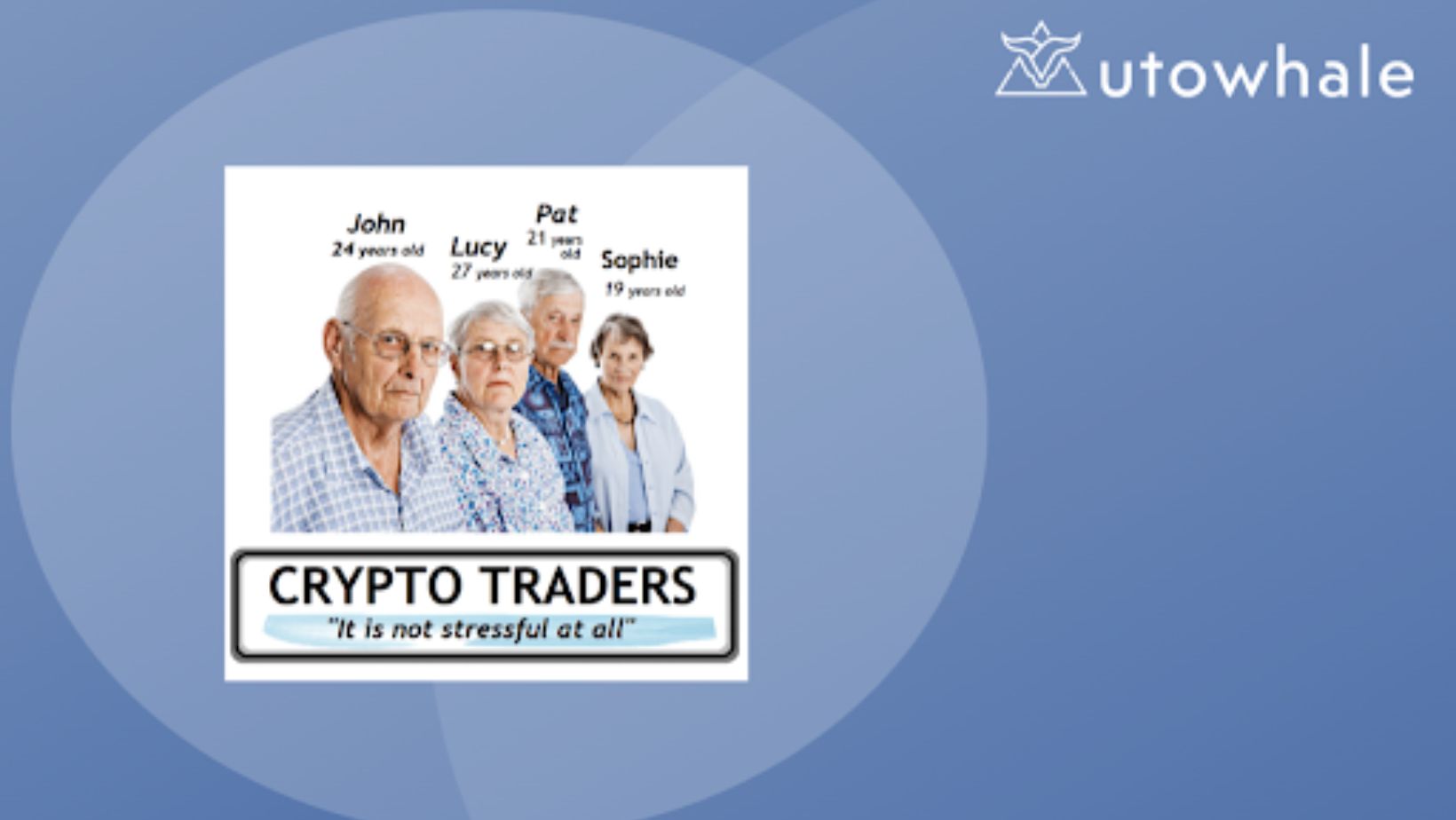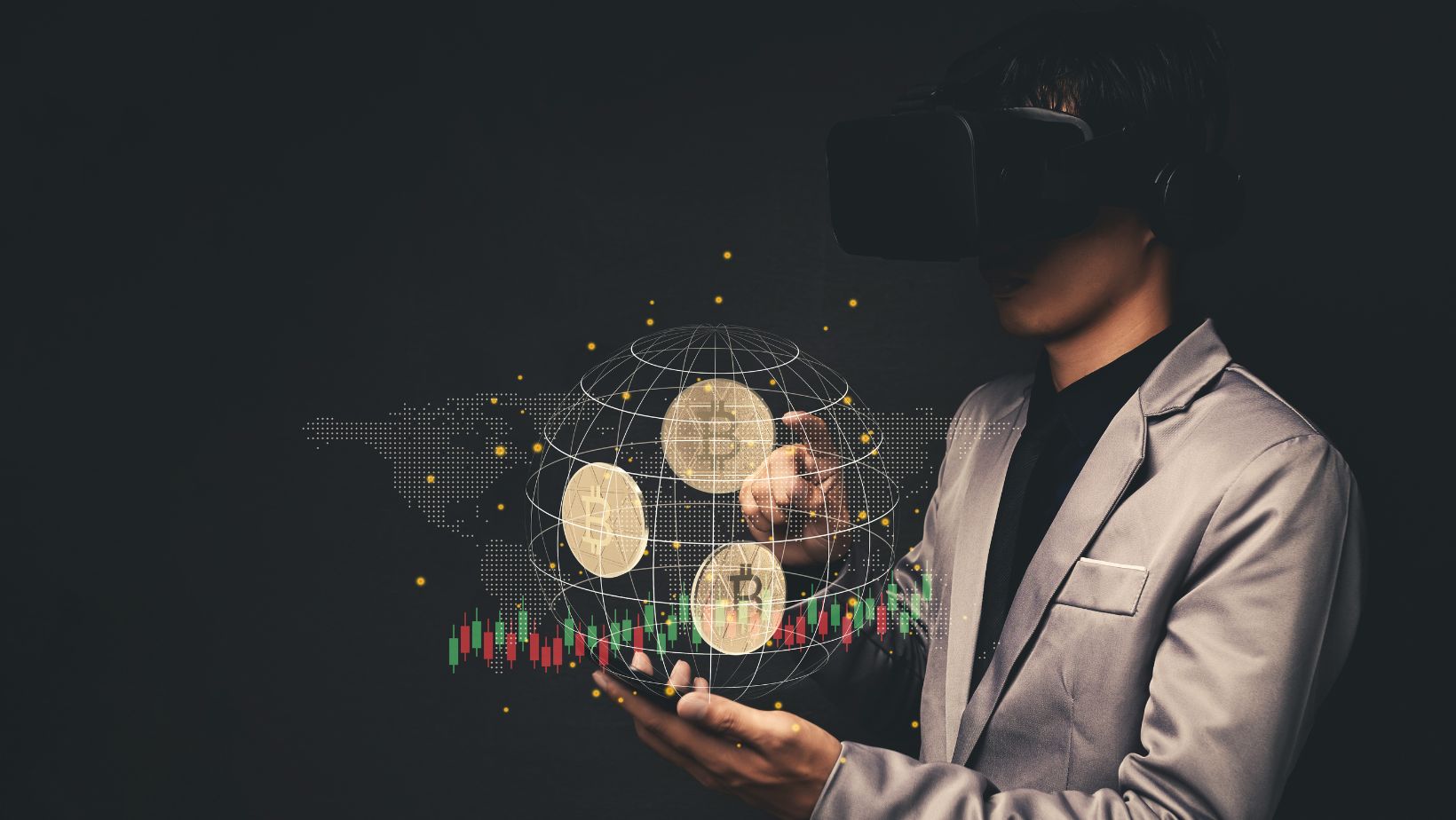
Token market making is a crucial step to establishing liquidity for a digital asset. It involves a process of matching buyers and sellers, quoting both parties the price at which they are willing to trade the token, and then providing them with the necessary volume to transact. This facilitates a smoother, more fluid market that attracts speculators and investors to the crypto sector.
When choosing a market maker for a project, there are many factors to consider. It’s important to look for an MM that has a transparent fee structure and clear communication with the token project. The MM should also comply with regulatory frameworks, have AML procedures in place, and avoid illegal activities like wash trading or order spoofing.
Market makers have a wide range of products, services, and experiences that they can bring to the table for projects. Some have a deep understanding of the cryptocurrency market and strong connections with centralized exchanges. They can help project founders connect with top exchanges and establish their tokens as viable trading instruments on these platforms.

A good market maker will also be able to help the token project navigate the various listing requirements of centralized exchanges. They can provide detailed advice on what type of documentation and what information is required to submit in order to get a listing approved. Depending on the specific requirements, some market makers may even offer to do the paperwork for the project.
There are several reasons why tokens often suffer from low liquidity. One common issue is that there are not enough buyers or sellers in the market to match all buy and sell orders. When this occurs, the token’s price can fluctuate dramatically in an effort to find a match. In other cases, large trades can cause sudden price movements that deter new investors from entering the space. In these instances, the MM can provide liquidity by buying or selling a large number of tokens in order to stabilize the market and reduce volatility.
However, traditional market makers have limited balance sheets and can only engage in so much trading activity with their own funds. This can lead to unsustainable price manipulation and exposes their clients to systemic risk. Token projects can avoid this by selecting a specialized MM that provides a service called market making as a service (MMaaS).

These services allow the token project to monitor its own trades, orders, and funds, enabling them to better understand and control its own market-making activity. Moreover, the MMaaS model provides greater cost efficiency than traditional proprietary market making. This is because the MMaaS does not need to purchase or borrow its own tokens to make markets, reducing the overall cost of the service. It also removes the need for the MM to invest their own tokens into their market-making activities, further reducing the risks and costs for their clients.
